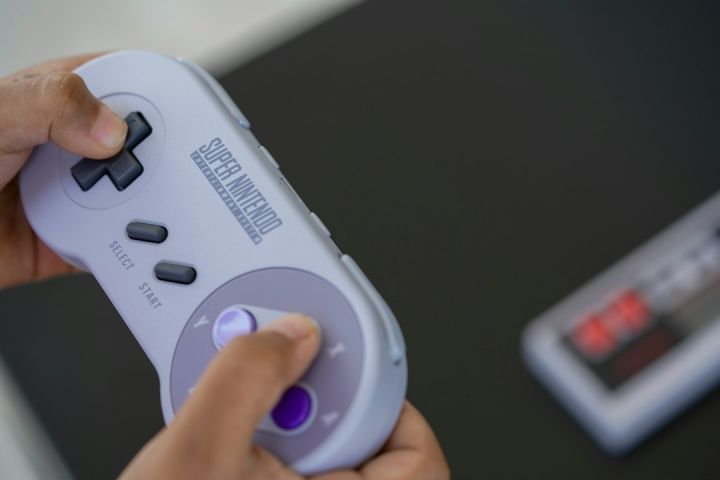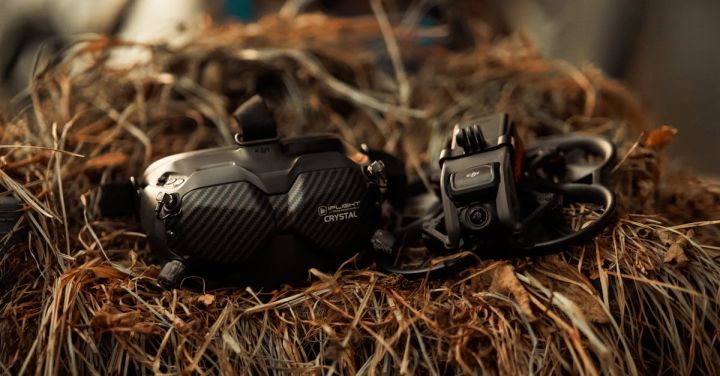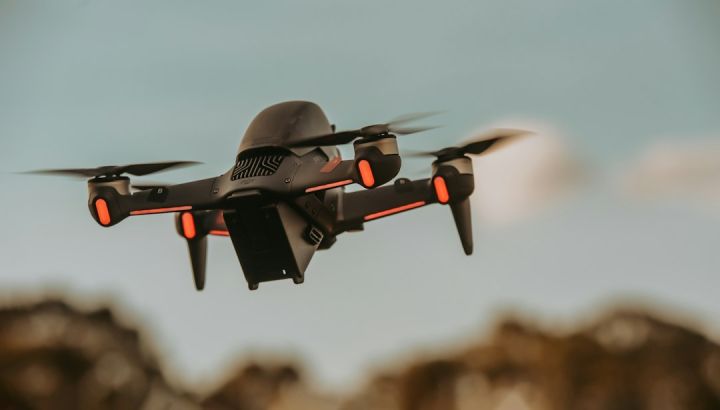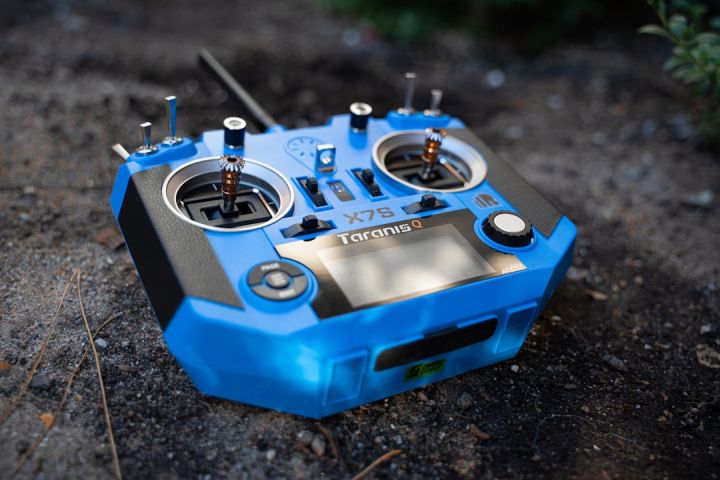What Should Beginners Know before Their First Rc Flight?
So, you’ve just bought your first remote control (RC) aircraft and you’re itching to take it for a spin. But before you dive headfirst into the world of RC flying, there are a few important things you need to know. In this article, we will cover the essential tips and advice that every beginner should know before their first RC flight.
Understanding the Basics
Before you even think about taking your RC aircraft to the sky, it’s crucial to understand the basics of how it works. Familiarize yourself with the different components of your aircraft, such as the transmitter, receiver, and servos. Learn how to properly charge and install batteries, and make sure you know how to operate the controls effectively.
Choosing the Right Location
Finding the right location for your first RC flight is vital. Look for an open area with plenty of space, away from trees, buildings, and power lines. Parks and open fields are often ideal for beginners. Ensure that there are no people or animals nearby, as accidents can happen, especially during the learning phase.
Pre-flight Checklist
Before taking off, always perform a pre-flight checklist to ensure that everything is in working order. Check the control surfaces to ensure they move freely, inspect the battery connections, and make sure the aircraft is balanced properly. It’s also important to check the range of your transmitter and receiver to avoid losing control during flight.
Start with a Trainer Aircraft
For beginners, it’s highly recommended to start with a trainer aircraft. These planes are designed to be stable and easy to fly, making them perfect for learning the basics of RC flight. Trainer aircraft typically have slower speeds and forgiving flight characteristics, allowing you to build confidence and skills before moving on to more advanced models.
Take It Slow
When it comes to RC flying, patience is key. Take your time and start with simple maneuvers, such as flying in a straight line and making gentle turns. Gradually progress to more advanced maneuvers as you become more comfortable and confident. Don’t rush the learning process, as trying to do too much too soon can lead to crashes and frustration.
Learn from Experienced Pilots
One of the best ways to improve your RC flying skills is by learning from experienced pilots. Join a local RC club or online community where you can connect with others who share your passion for flying. Experienced pilots can offer valuable advice, tips, and tricks to help you become a better pilot.
Safety First
Safety should always be a top priority when flying RC aircraft. Follow all local regulations and guidelines regarding RC flying. Always keep a safe distance from people, animals, and property. Be mindful of your surroundings and never fly near airports or other restricted areas. It’s also important to have a first aid kit on hand in case of any accidents.
Conclusion: Embarking on your first RC flight can be an exciting and rewarding experience. By understanding the basics, choosing the right location, and taking it slow, you can ensure a successful and enjoyable flight. Remember to always prioritize safety and seek guidance from experienced pilots. With practice and dedication, you’ll soon become a skilled RC pilot, ready to take on more advanced challenges in the world of RC flying. Happy flying!







